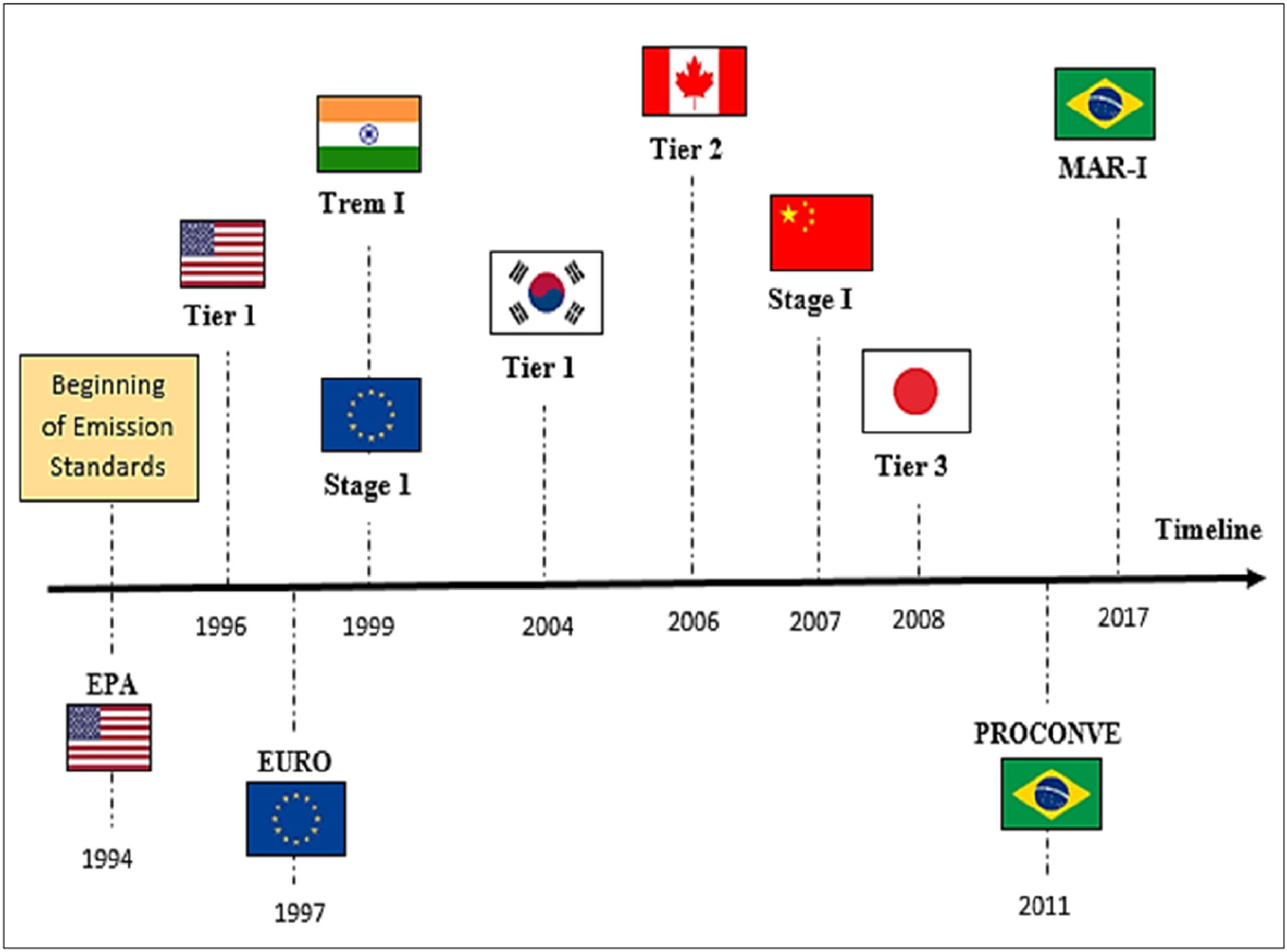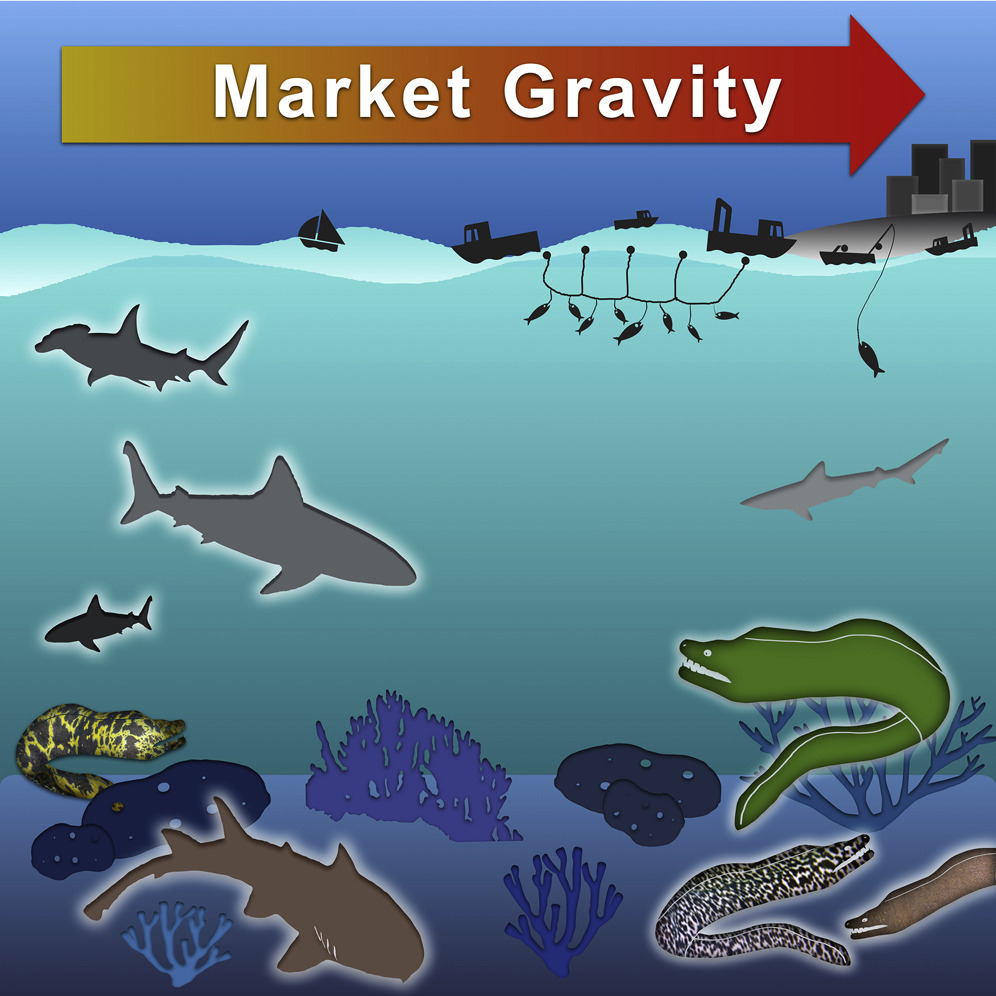The Amazon is the most concentrated expression of life on Earth and it is clearly threatened.
Community Mental Health Engagement with Racially Diverse Populations, May 2020, Pages 15-48
Diseases of the Nervous System (Second Edition), 2021, Pages 81-107
Samuel Lunardi, William Fernando de Borba, Jean Favaretto, Marcelle Martins, Henrique Baldi Faccenda
Proximity and size of the nearest market (‘market gravity’) have been shown to have strong negative effects on coral reef fish communities that can be mitigated by the establishment of closed areas. However, moray eels are functionally unique predators that are generally not subject to targeted fishing and should therefore not directly be affected by these factors. We used baited remote underwater video systems to investigate associations between morays and anthropogenic, habitat, and ecological factors in the Caribbean region.


